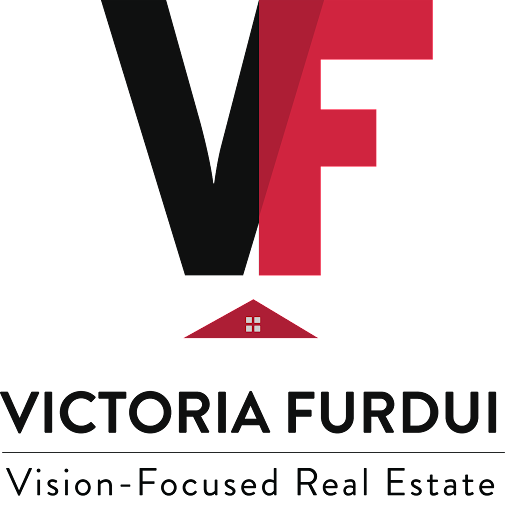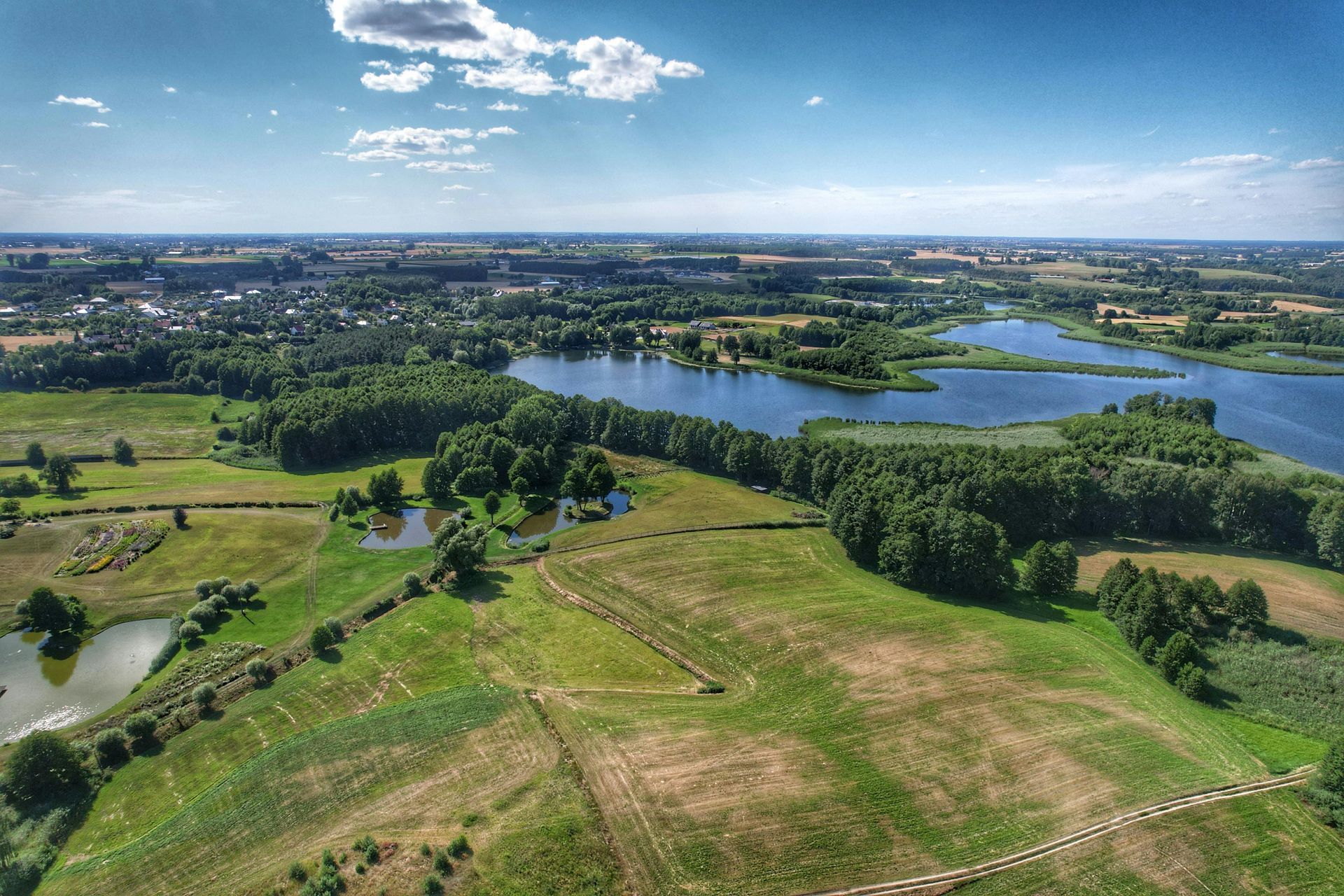How To Get Into Real Estate
Victoria Furdui • July 18, 2024
Research and Education

Understand the Market: Research the real estate market in the area you are interested in. Understand the trends, property values, and the types of properties that are in demand.
Take Courses: Many community colleges and online platforms offer courses in real estate. These can provide you with a solid foundation and understanding of the industry.
Get a Real Estate License: In most places, you need a license to practice real estate. This typically involves taking a pre-licensing course, passing a state exam, and meeting other state-specific requirements.
Develop a Business Plan

Set Goals: Determine what you want to achieve in your real estate career. This could include financial goals, types of properties you want to deal with, and long-term career aspirations.
Budget and Financing: Understand the costs involved in getting started, such as licensing fees, education costs, marketing, and other initial expenses.
Gain Experience

Work with a Brokerage: Many new agents start by working with an established real estate brokerage. This provides mentorship, training, and access to a network of clients and properties.
Network: Build relationships with other real estate professionals, potential clients, and other industry contacts. Attend industry events, join real estate associations, and participate in online forums.
Develop Skills

Sales and Marketing: Develop strong sales and marketing skills. This includes understanding how to market properties, negotiate deals, and provide excellent customer service.
Technology: Familiarize yourself with real estate technology and tools, such as MLS (Multiple Listing Service), CRM (Customer Relationship Management) software, and other tools that can help you manage your business
Build Your Brand

Create a Professional Image: Develop a professional online presence, including a website and social media profiles. Use these platforms to showcase your expertise, share market insights, and connect with potential clients.
Offer Value: Provide valuable information and services to your clients. This could include market analyses, home staging tips, or guidance through the buying/selling process.
Stay Informed and Adapt

Continuing Education: Stay up-to-date with the latest trends, laws, and best practices in real estate. Many states require continuing education to maintain your license.
Adapt to Changes: The real estate market is constantly evolving. Be prepared to adapt to changes in the market, technology, and consumer preferences.
Consider Specializations

Residential Real Estate: Focus on helping clients buy, sell, or rent homes.
Commercial Real Estate: Deal with properties used for business purposes, such as offices, retail spaces, and industrial properties.
Property Management: Manage rental properties on behalf of owners, handling tasks such as tenant relations, maintenance, and rent collection.
Real Estate Investment: Work with investors to identify, purchase, and manage investment properties.

Winter is very much an active time in the real estate market, and many homeowners successfully sell during this season. Whether you’re planning to list soon or later in 2026, winter offers a valuable opportunity to focus on improvements that can strengthen your home’s appeal and help it stand out to serious buyers.

Winter break is the perfect time for families to slow down, spend time together, and make some cozy seasonal memories. Whether you’re looking for festive outings, outdoor adventures, or kid-friendly indoor activities, Guelph has plenty to offer while school is out. Here are some great family events and activities to enjoy during the holiday break!

Winter in Guelph has its own kind of magic. From twinkling lights and cozy markets to skating rinks and snow-covered trails, the city and nearby communities offer plenty of ways to make the most of the season. Whether you love outdoor adventures or prefer hot cocoa and festive lights, here are some great ways to embrace winter in and around Guelph!

Summer in Guelph is something special. The city comes alive with music, culture, food, and community spirit. Whether you’re a lifelong local or new to the area, there’s no shortage of ways to celebrate the season. From outdoor concerts and cultural festivals to pirate-themed adventures (yes, really), Guelph’s summer events offer something for everyone. Here’s a roundup of some of the top festivals and happenings to check out this season!

If you’re the kind of person who feels most at home surrounded by trees, trails, and the sounds of nature, Guelph just might be your perfect match. Known for its strong sense of community and beautiful green spaces, Guelph offers a variety of parks and trails that make it easy to get outside and reconnect with nature, right in the heart of the city! Here’s a guide to some of Guelph’s most beloved spots for nature lovers, complete with real examples and local tips.

Navigating the rental process in Ontario means understanding the official notices used by the Landlord and Tenant Board (LTB). These notices are the first step in resolving many issues between landlords and tenants — whether it’s about unpaid rent, needed repairs, ending a lease, or illegal activity. There are notices that landlords serve to tenants, and others that tenants can file to address issues like harassment, maintenance problems, or rent abatements. Each notice has a specific purpose, required timelines, and a process that must be followed. In this guide, we’ll break down the most common and important LTB notices. Whether you’re renting a home or managing one, understanding these forms is essential to protecting your rights and resolving disputes legally and efficiently!

Spring is one of the busiest seasons for house hunting, and Guelph’s real estate market is no exception. After months of cold weather, snow, and ice, homes can show signs of winter wear and tear—some visible, some hidden. Before making an offer, it’s important to know what to look for so you can avoid costly surprises down the road.




